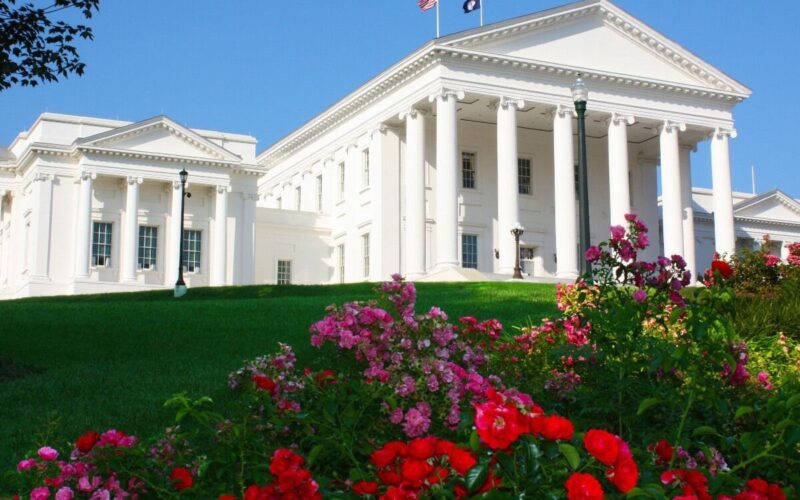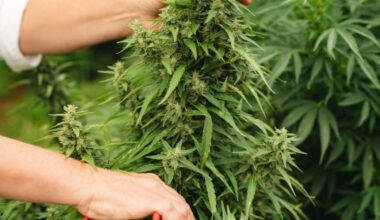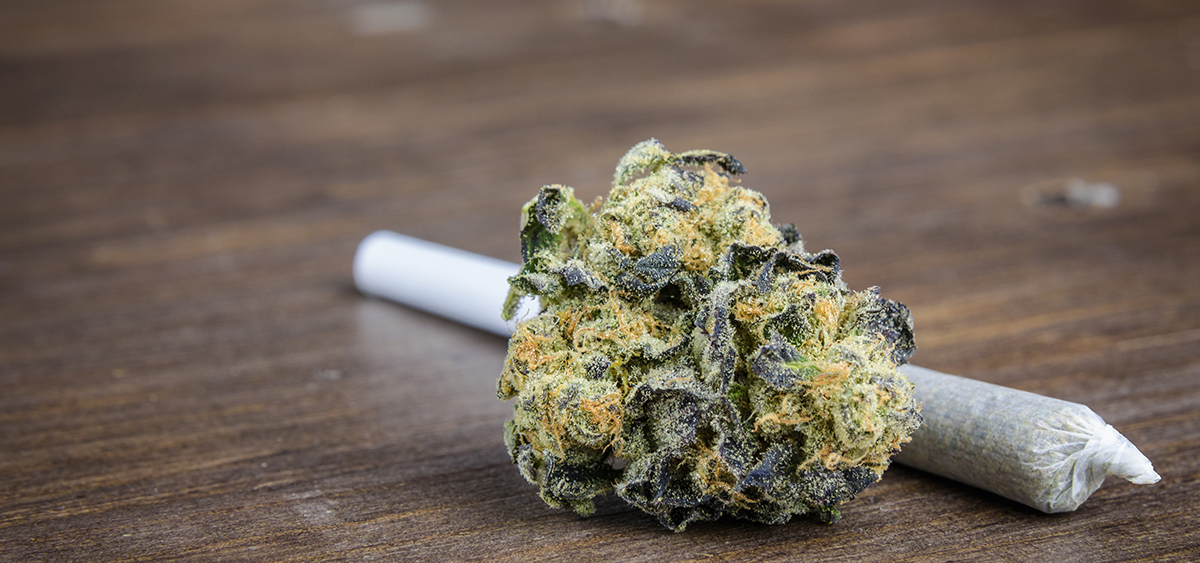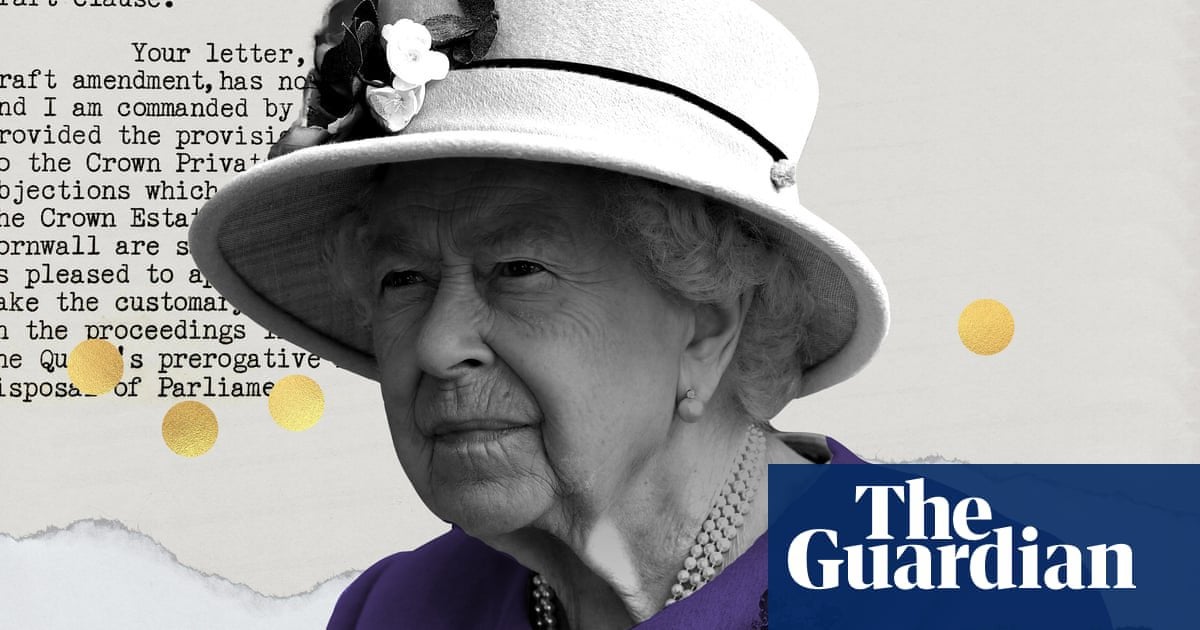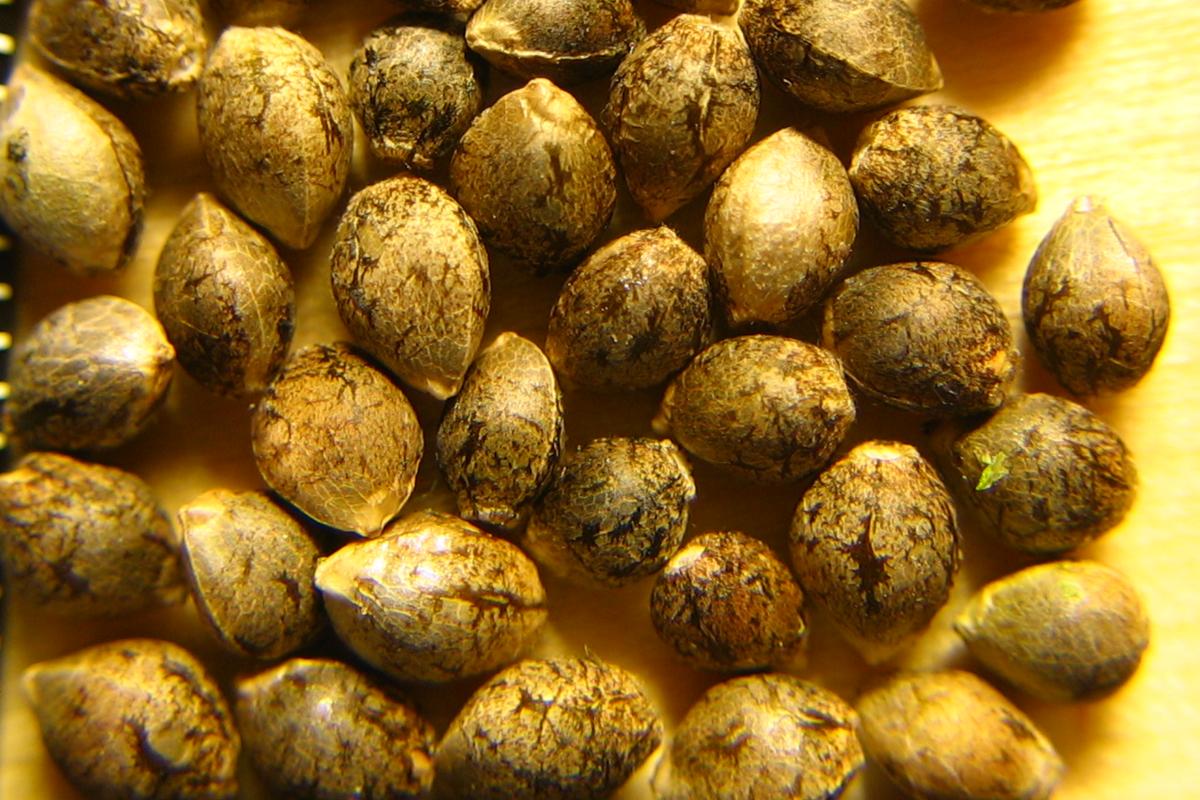[ad_1]
(This story has been updated with an image of the Virginia state capitol building.)
Virginia took a major step toward becoming the 16th state in the nation to legalize a recreational marijuana market and the first in the South after the House of Delegates and Senate passed different legalization bills on Friday.
The differences in those bills, however, must be ironed out by a legislative committee for Virginia to take the milestone step.
Gov. Ralph Northam supports legalization.
In their votes Friday, House lawmakers passed their bill by 55-42 while the Senate approved its version by 23-15.
One big difference between the two bills appears to be whether vertical integration would be allowed.
Both measures call for a commercial recreational marijuana market to launch on Jan. 1, 2024, a year later than what the governor wanted.
The bills also emphasize licensing opportunities for small and minority-owned local businesses.
Unlike other recent adult-use states, the existing four vertically integrated medical marijuana operators would not be allowed under the legislation to transition first into a recreational market, according to the Virginia Mercury, a nonprofit newspaper covering state politics.
If Virginia legalizes adult use, it would reflect how quickly legalization is occurring across the United States.
Two principal factors seem to be in play:
- A legalization domino effect along the East Coast.
- A scramble for new revenue sources to offset state budget woes caused by the economic impacts of the coronavirus pandemic.
Adult-use marijuana experienced a clean sweep at the ballot box in November, with voters in Arizona, Montana, New Jersey and South Dakota all embracing recreational marijuana.
A delay between legalization and a market launch would give Virginia time to create an independent agency, the Cannabis Control Authority, to oversee the market, and to develop regulations and rules, lawmakers said.
“Progress takes time,” Sen. Adam Ebbin, a Democrat from Alexandria and the Senate bill sponsor, reportedly said earlier this week.
“It takes time to do things right. And, personally, I’d rather be able to get the votes to have a responsibly regulated adult-use market in 2024 than have no bill pass at all.”
The two bills broadly include the following provisions, according to Marijuana Policy Project bill summaries and media reports:
- Early distribution of social equity licenses. Qualified applicants would have to hold at least a 66% ownership stake in the business. Recipients would have access to low-interest loans to help overcome the hurdle of raising capital.
- Legislation proposed by the governor would have allowed vertical integration, but House lawmakers eliminated that provision. The House version, HB2312, limits businesses to one type of license in efforts to encourage more small and local businesses to participate in the industry.
- The Senate version, SB1406, would allow companies to vertically integrate, but they would be charged a $1 million licensing fee, the proceeds of which would go to help fund social equity provisions.
- While not allowing MMJ operators to fast-track, the Senate version would permit those operators to co-locate medical dispensaries and adult-use stores.
- The House version would leave licensing to the state, while the Senate’s would allow local governments to ban adult-use sales through voter referendum.
- Adult-use marijuana product sales would be taxed at 21% in addition to the standard state sales tax of 6%. Municipalities could charge up to an additional 3%.
Virginia’s medical marijuana operators had pushed for early entry into the adult-use market, arguing that they had spent tens of millions of dollars to build out operations in an industry that launched just last fall.
Only five vertically integrated MMJ licenses were issued, with each operator granted a virtual monopoly in one of five “health service” areas.
The four MMJ operators include three multistate companies – New York-based Columbia Care, Florida-based Jushi Holdings and Maryland-based Green Leaf Medical – and a Virginia-based company called Dharma Pharmaceuticals.
One license is vacant after Los Angeles-based MedMen Enterprises was forced to surrender its permit.
The Marijuana Business Factbook projects Virginia’s MMJ dispensary sales in 2021 will range from $9 million to $11 million.
Jeff Smith can be reached at [email protected]
[ad_2]
Source link
Medical Disclaimer:
The information provided in these blog posts is intended for general informational and educational purposes only. It is not a substitute for professional medical advice, diagnosis, or treatment. Always seek the advice of your physician or other qualified healthcare provider with any questions you may have regarding a medical condition. The use of any information provided in these blog posts is solely at your own risk. The authors and the website do not recommend or endorse any specific products, treatments, or procedures mentioned. Reliance on any information in these blog posts is solely at your own discretion.

